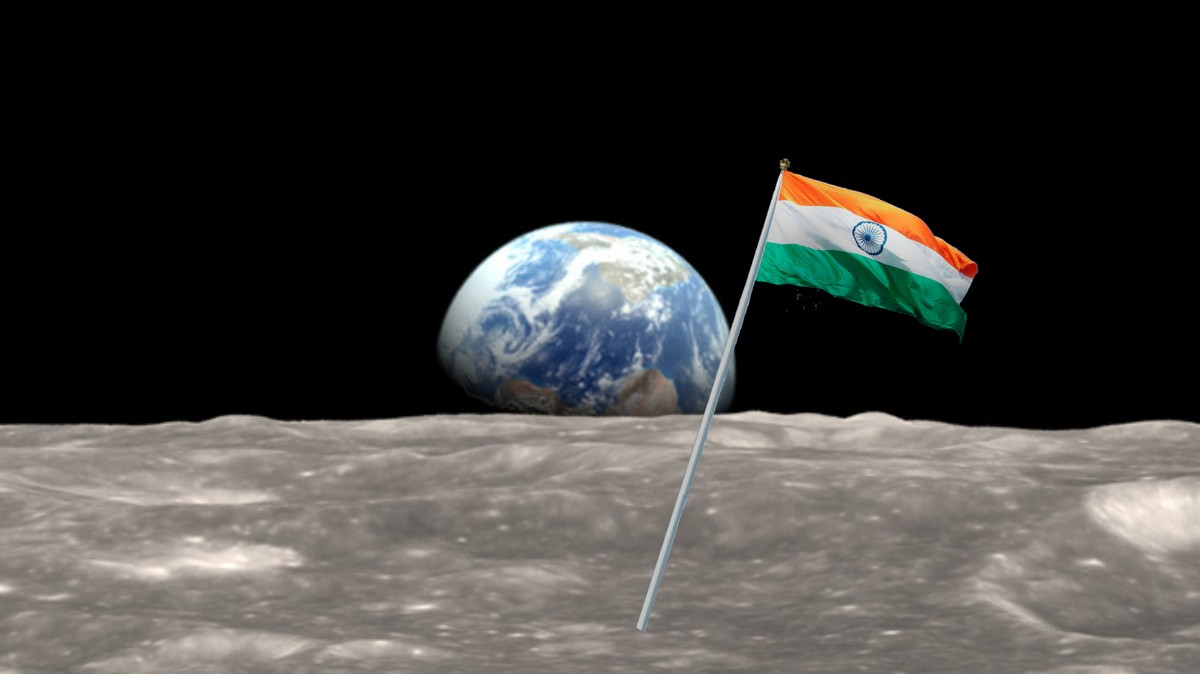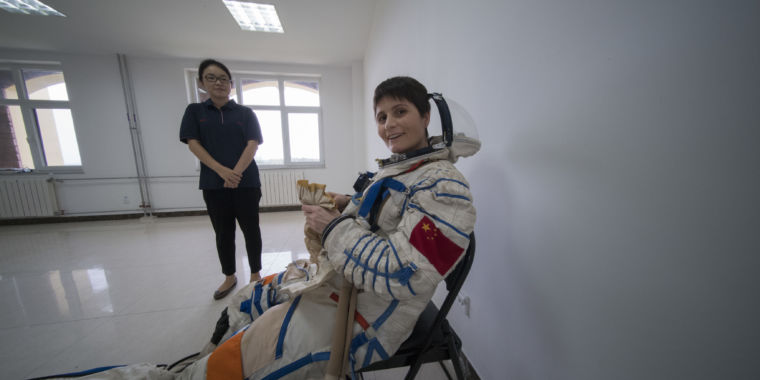
Cosmonaut brains show space travel causes lasting changes
Table of Contents

A new study of Russian space travelers adds to evidence that life among the stars has many consequences. Russian cosmonaut Alexander Skvortsov works on the International Space Station during a five-hour, 11-minute spacewalk. Science & InnovationStarstruckCosmonaut brains show space travel causes lasting changesA new study of Russian space travelers adds to evidence that life among the stars has many consequences.
Our fleshy forms evolved to work within the tug of gravity. Take that pull away, and the clockwork operation of bodily functions just doesn’t keep ticking at the same steady beat. From fluids floating the wrong way to DNA expressing differently, space travel is tough on even the healthiest human body.
Now, a study of recently active cosmonauts adds to the concern for one particularly vital organ: the brain. The results suggest that deformations to brain tissue caused by weightless conditions can linger even after space travelers have had their boots back on Earth for seven months. The research, published this week in the New England Journal of Medicine, documents the impacts of space travel on cosmonauts who each spent roughly 189 days on the International Space Station.
Led by scientists at the University of Antwerp, the team captured images of 10 male cosmonauts’ brains using magnetic resonance imaging before and after each mission. They repeated the scans seven months later for seven of these space adventurers.
Source: nationalgeographic.com


